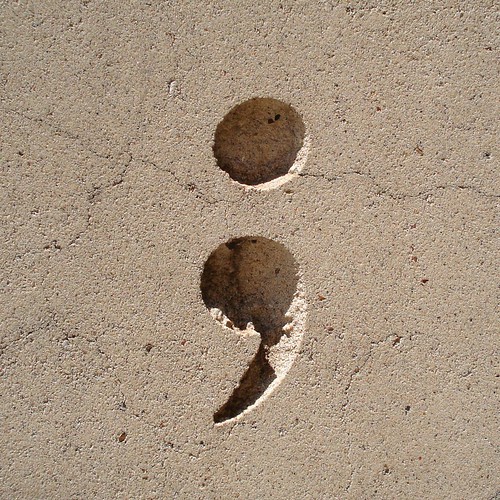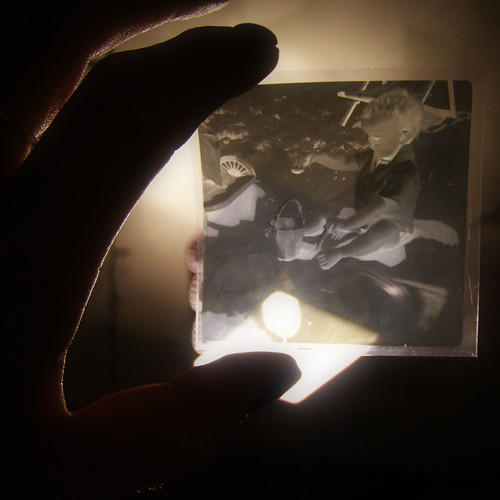Is there such a thing as a perfect sentence?
by Celeste Ng
Recently, Publishers Weekly posted a provocative list of “5 Perfect Sentences.” Here’s one, from “A Romantic Weekend” by Mary Gaitskill: He was beginning to see her as a locked garden that he could sneak into and sit in for days, tearing the heads off the flowers. Now, I love this sentence, but the list raises the question: is it perfect? It’s beautiful, sure—and over at BookRiot, Greg Zimmerman has a wise and thoughtful post about what makes a beautiful sentence. But what does it mean to say something is a “perfect” sentence? Perfect might not mean lush, or beautiful, or […]































